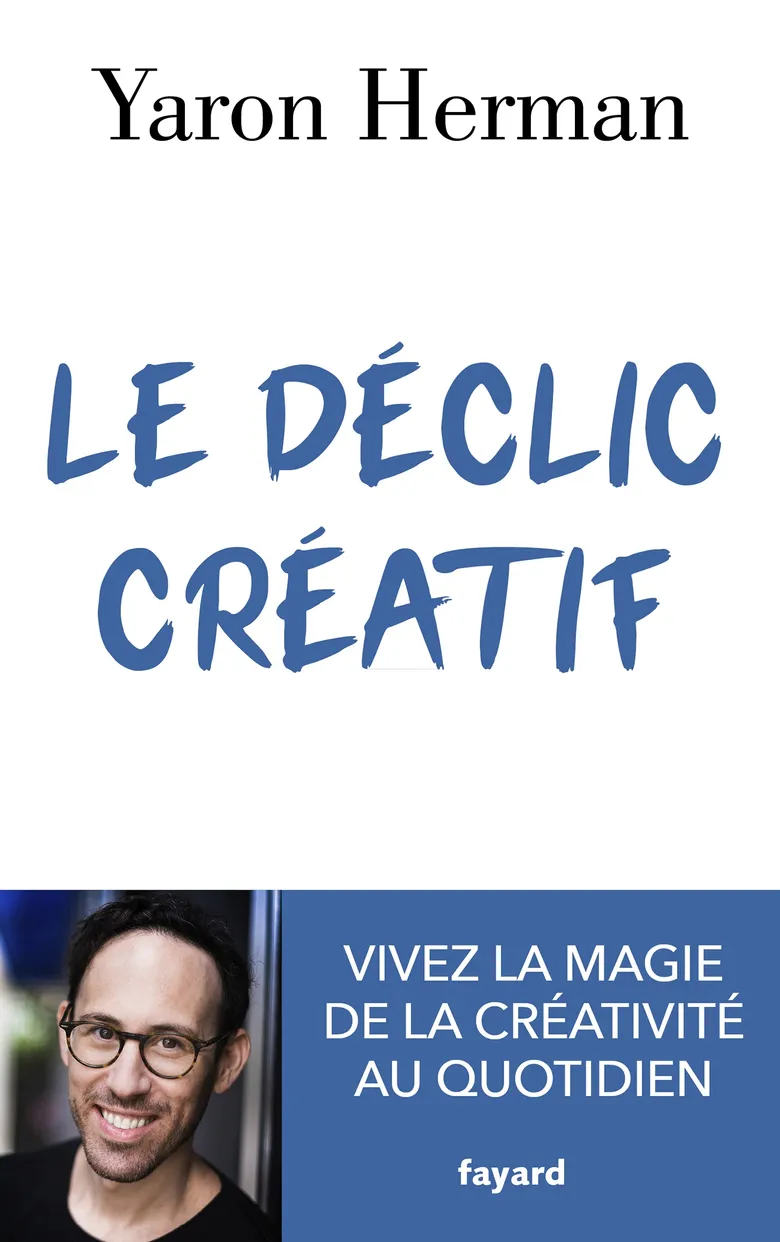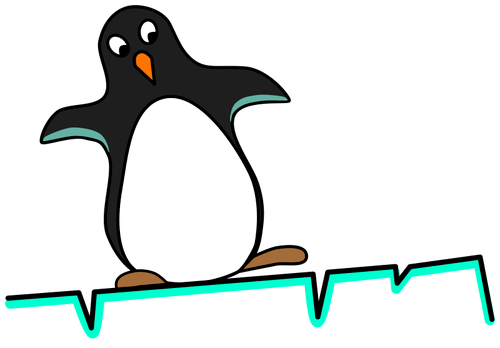Review: "Le Déclic Créatif"

Note: to the best of my knowledge today, this book is not published in English. Who knows... maybe this review will motivate you to learn and practice French or motivate a translation of the book.
A little while ago, I was looking for material and advices about creativity and I came across a very peculiar book. First, the title was spot on. Second, the author is an artist that I know already, and especially for his creativity.
This book is called "Le Déclic Créatif" by Yaron Herman. Is it really as full of "from the trenches" insights as I was hoping for?
And does it live up to its promise to empower anyone to be creative ?
Principles of creation
The whole book stands on a quasi-mechanical description of a creative process. A process theorized by the author's first Piano teacher (Opher Bayer).
The process goes like this:
- Recognize patterns and keep notes of them
- Generate or reproduce similar patterns
- Transpose them (by applying any logic you chose, or taking one of the examples provided by the author)
- Compose in real time, which corresponds to doing all the above in a fluent way.

This process can seem overly specific but the author illustrates it with examples like how a young child learns how to speak or how the author learned to play the Piano. Eventually this gives us a hint to how generic this process can be.
The rest of the book is imprinted by elements of this process while exploring other aspects of creativity.
Appreciate the journey
A fair part of the rest of the method proposed by the author is directly related to advices that are commonly found in personal development literature:

- define intermediary milestones, each of a reasonable difficulty
- tame our interior voices that tend to discourage us
- recognize our mistakes and failures as opportunities to learn
A key argument from the author is that everyone is creative. This seems easy to say but it's definitely more convincing when this is stated by a renowned artist.
Interestingly, this principle that we all "just" need to find a way to express our creativity and could even do so by taking baby steps, pushes traits like "being a genius" and "talent" to the background: they may exist but they're not a necessity to be creative.
The author insists that creativity is about personal fulfilment more than about being "the best" or "the first".
One last element of method needs to be taken into account, maybe not the most pleasant at first...
Learn to persevere
Nurturing our creativity is also a lot of hard work. That's what the author explains very well: whatever medium your creativity is based on, you need to practice the instrument and techniques.

To this effect the concept of "flow" is brought up as the state of mind where it is the easiest to perform such deep work.
And to get there, the author proposes some tips and tricks, of which I'll quote only two examples:
- define rituals to form a habit that facilitates starting work sessions regularly
- always start a session by something that is pleasant before diving into the most tedious past of the work.
Conclusion
The topic and and the author attracted my attention initially and did not disappoint.
As a summary, what I liked the most is the thesis that creativity is within everyone, the process "Recognize/Generate/Transpose/Compose" and, the analysis and taming of all the obstacles that get in the way of expressing our creativity.
The fact that all the explanations and advices are illustrated with elements of the artist's personal experience makes the whole book more enticing and convincing.
A very good and recommended read!